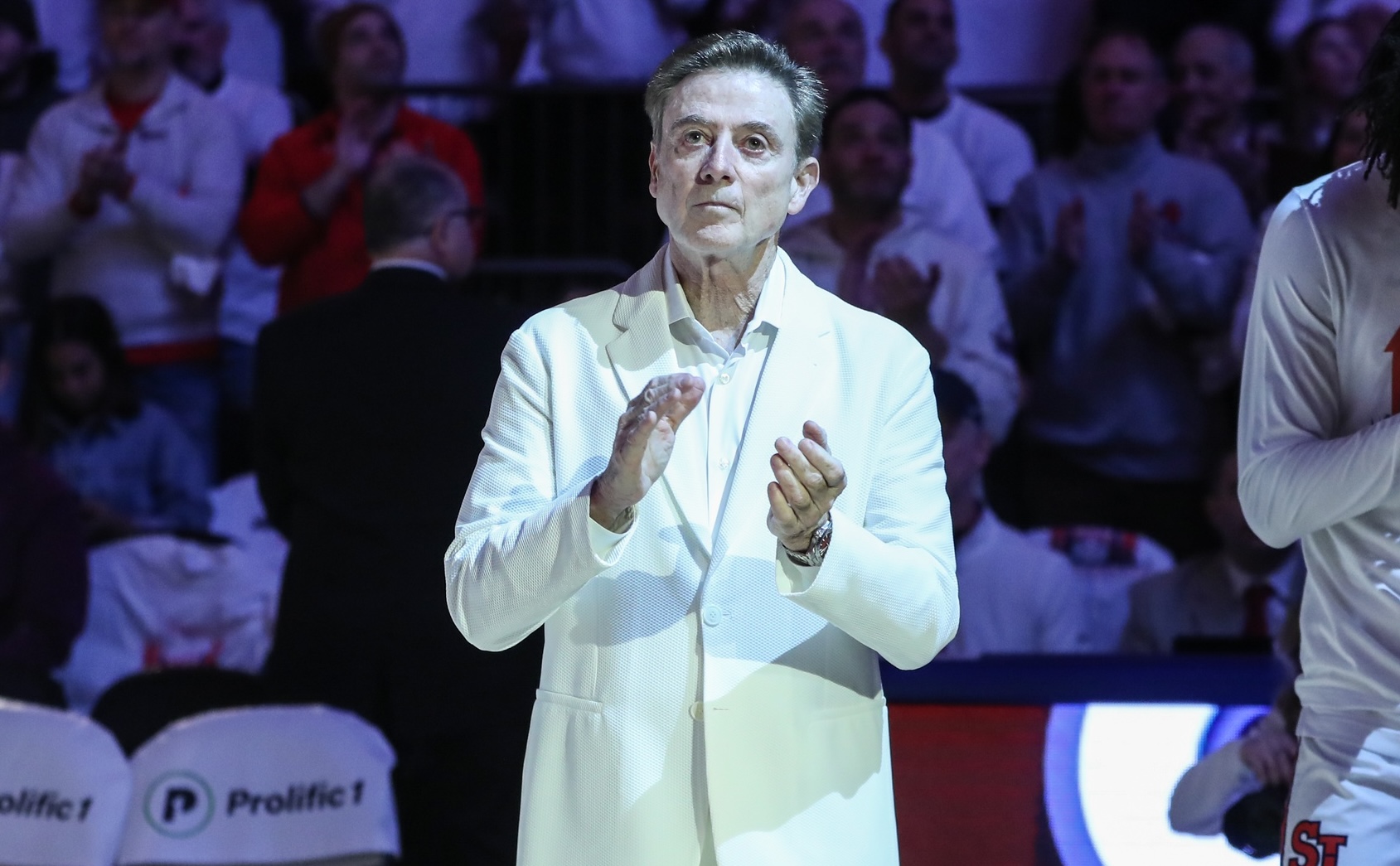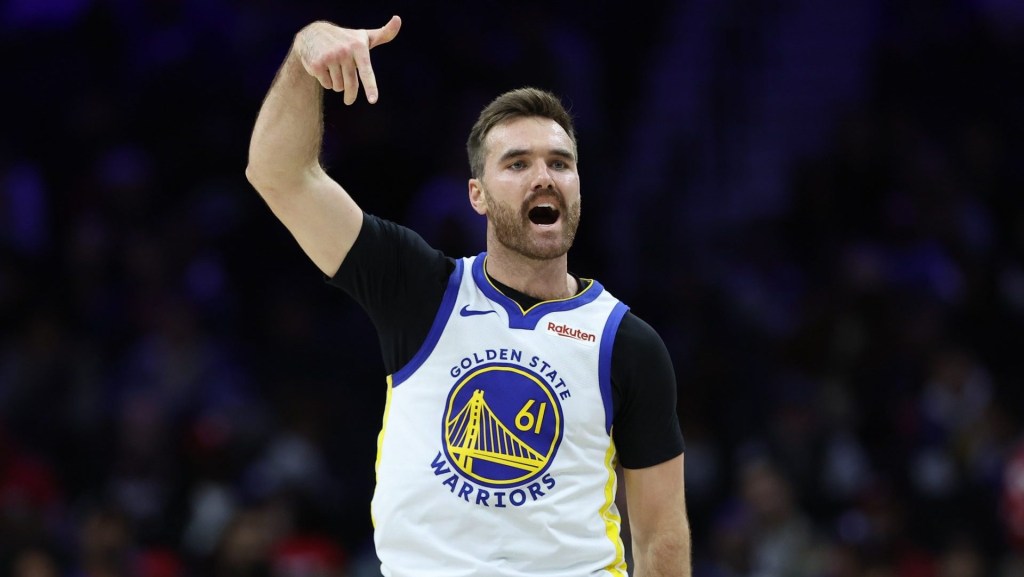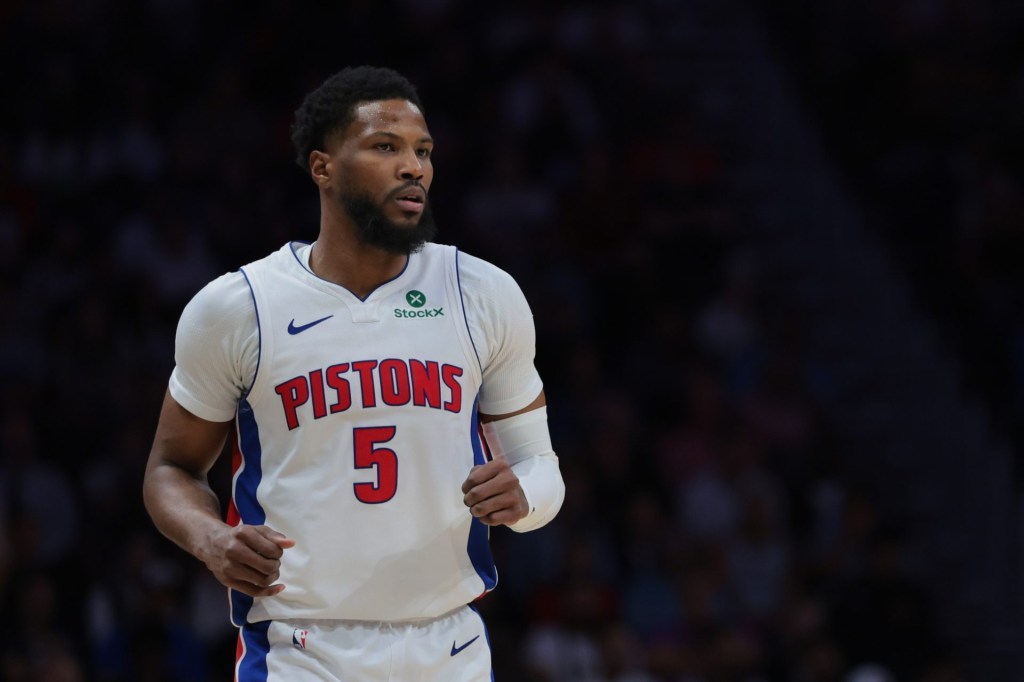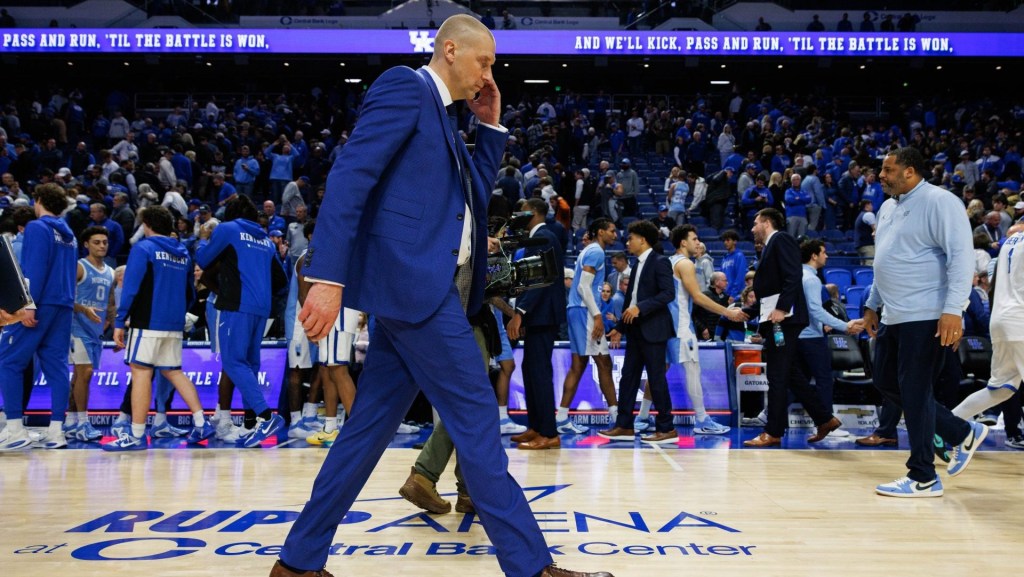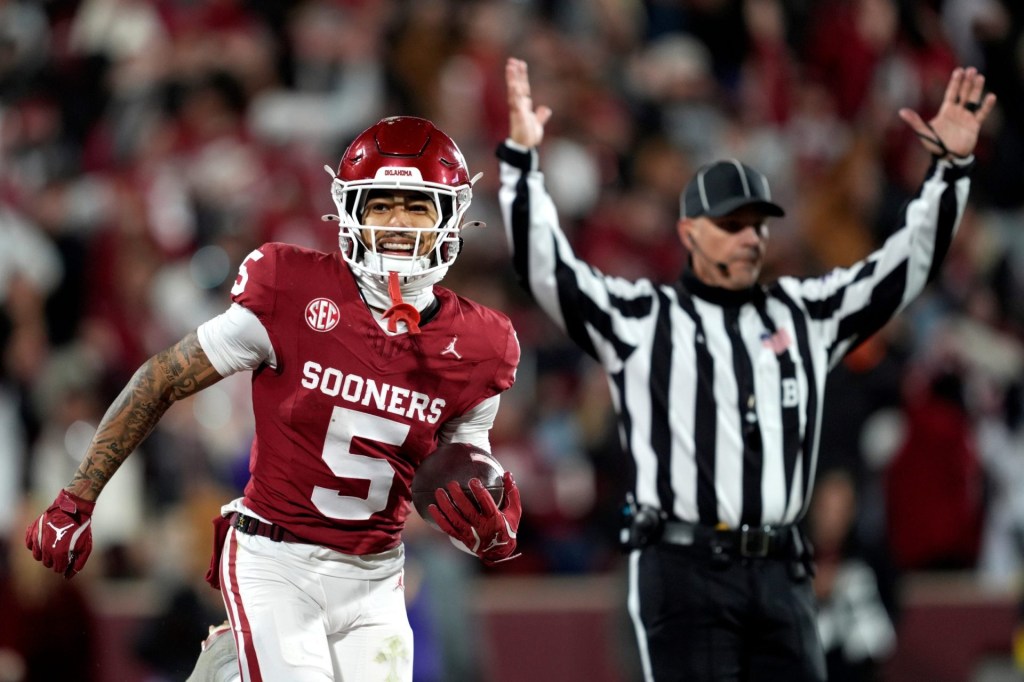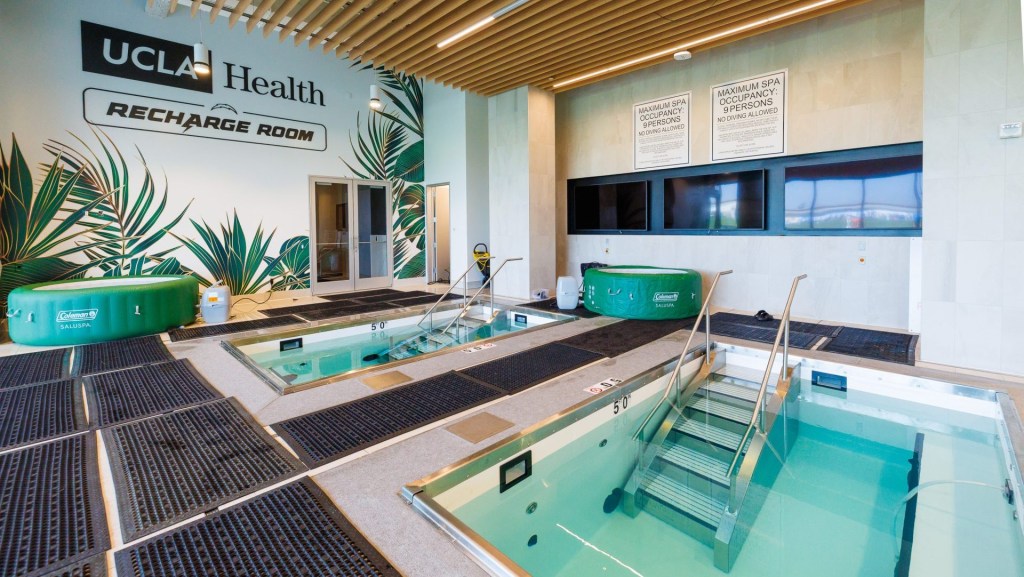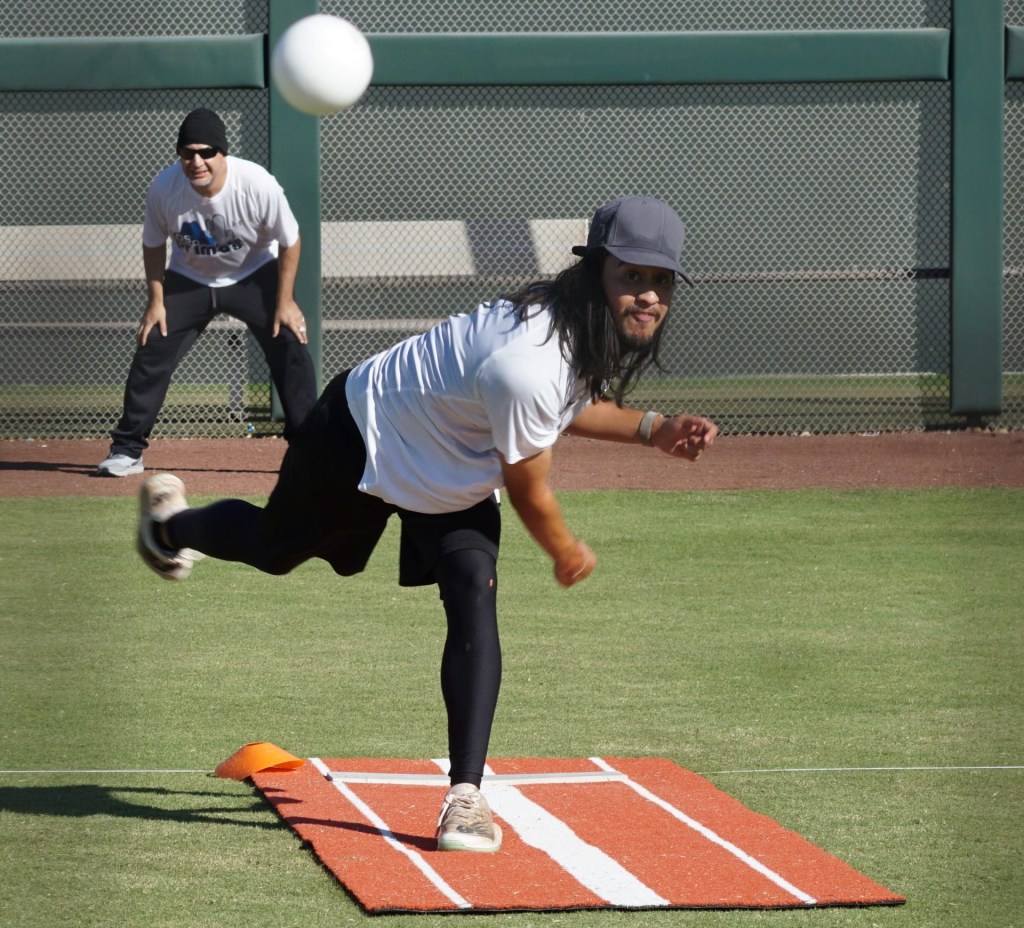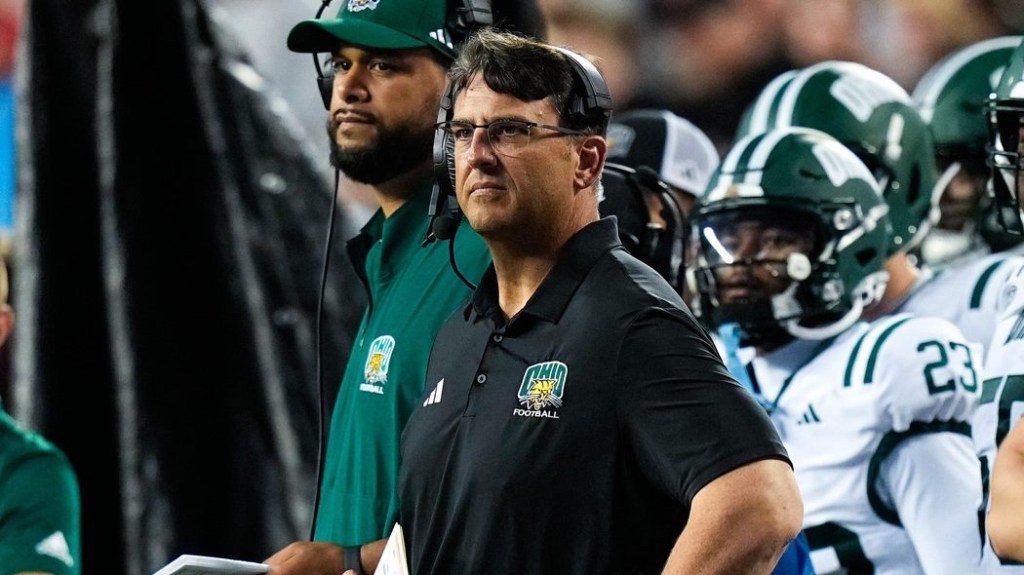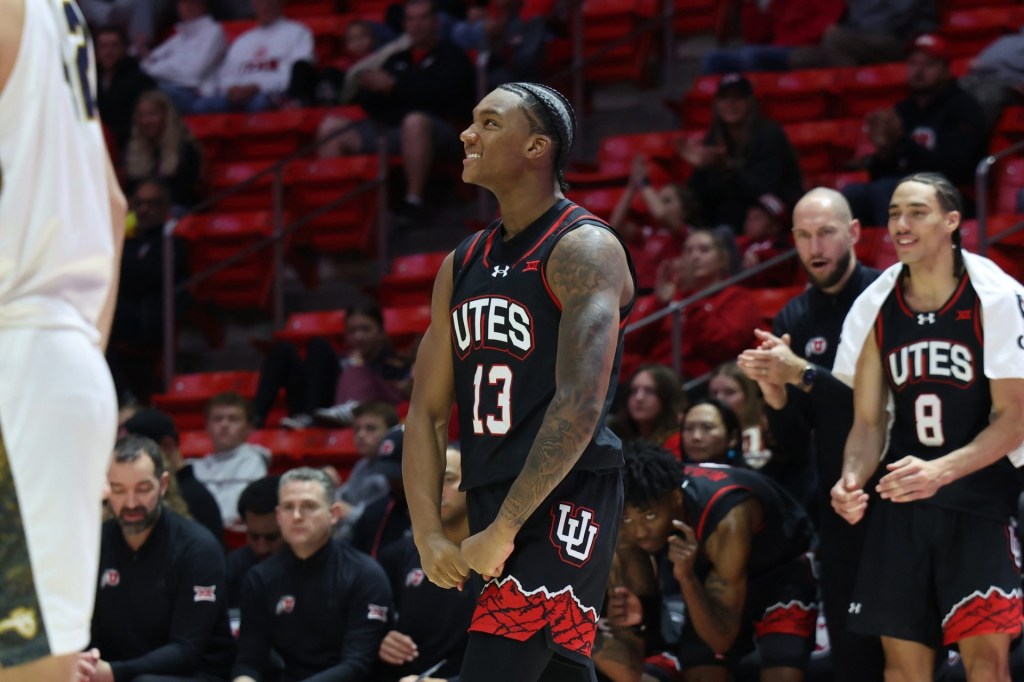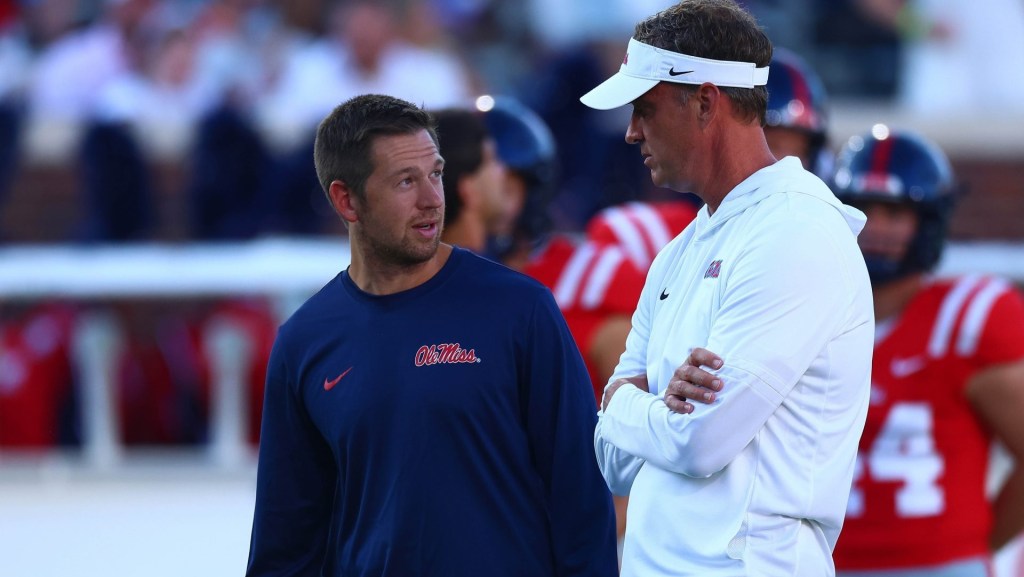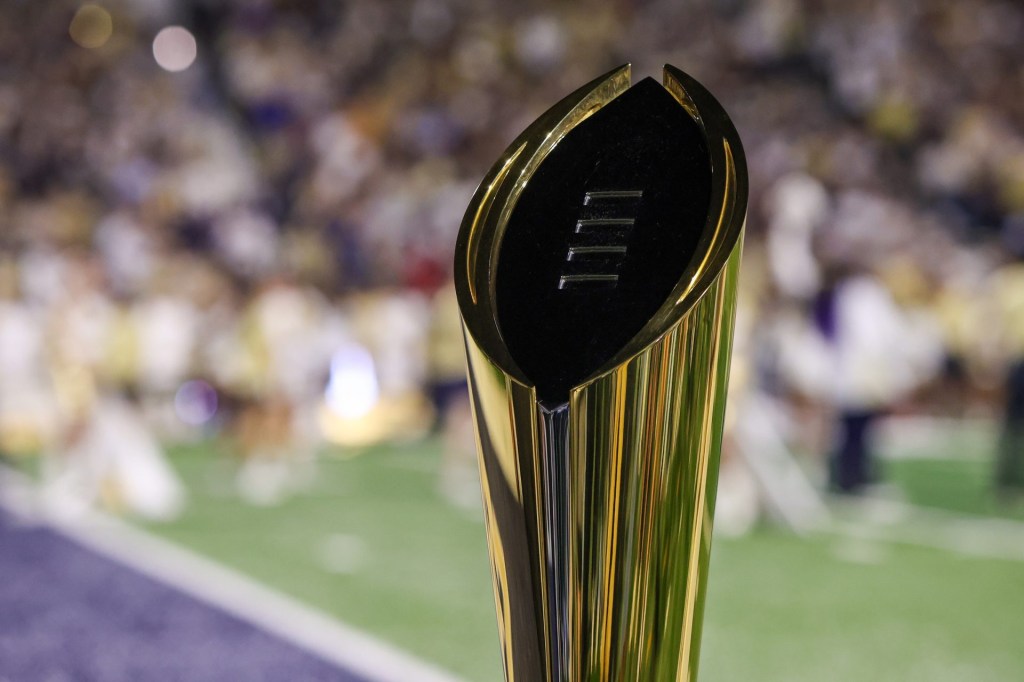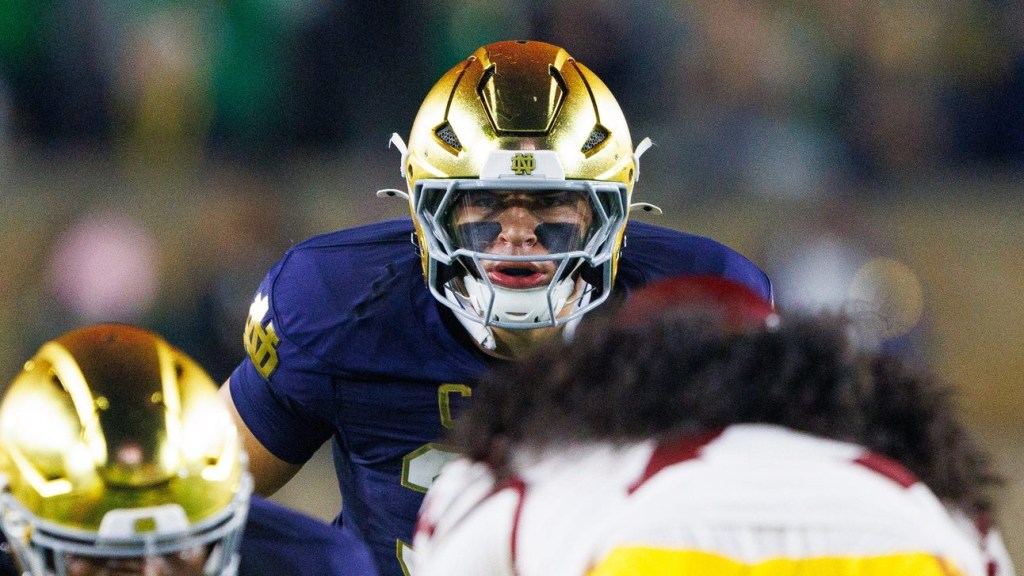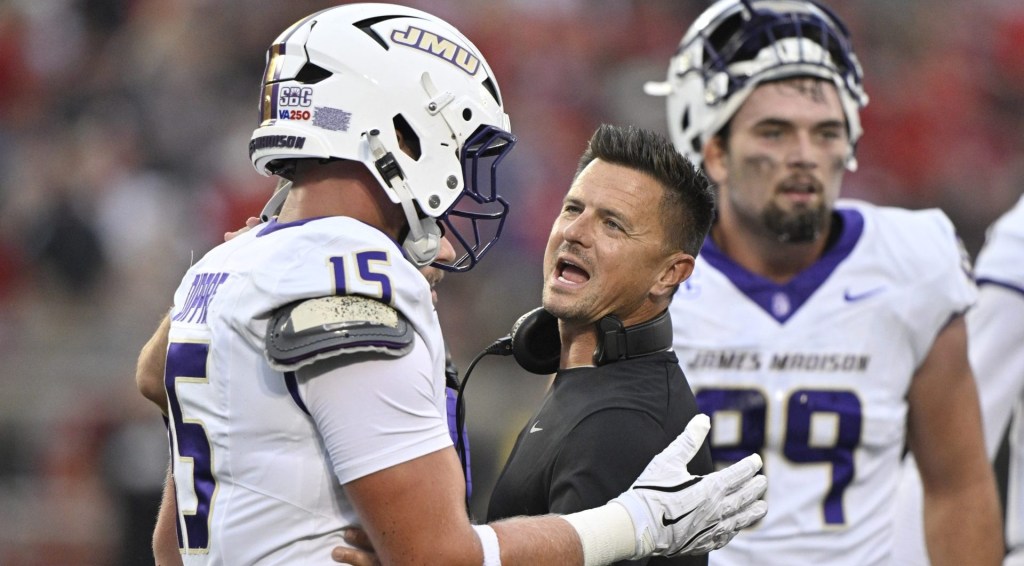A growing number of college basketball coaches are admitting they see their players as professionals. And they aren’t exactly part of a new generation—some of the strongest comments have come from the longest-tenured coaches.
Last week, Virginia head coach Tony Bennett announced an abrupt and immediate retirement, citing the current landscape of college sports—saying unrestricted NIL (name, image, and likeness) and transfer portal restrictions have created an untenable situation for coaches. But Bennett also said he isn’t against players being paid.
“It is a billion-dollar industry, I understand that,” he said. He added that a potential solution to the chaos is collective bargaining—though athletes would have to be deemed employees for that to be possible.
He isn’t the only one. During Big East media day, St. John’s head coach Rick Pitino said: “We’ve been paid millions of dollars through the years and players got nothing, and I think that’s totally unfair. We’ve been able to move, they’ve been unable to move. … They are professional athletes that are being treated like professional athletes.” (Pitino also told FOS that he doesn’t see a problem with NIL and the transfer portal in its current state—unlike Bennett.)
Just a couple of hours later, UConn women’s coach Geno Auriemma made similar comments. “The NIL part—I think it’s a test,” he told reporters. “It’s a test for whether people are full of shit or whether they’re serious. It’s a test for, do we keep the charade of student-athlete and amateurism? Or do we call it what it is: Semi-professional, pay-for-play sports?”
The NCAA has long walked a fine line on amateurism, claiming players can’t get paid salaries because they aren’t employees, but they can’t be deemed employees because they aren’t paid. Auriemma is also right to flag “student-athlete,” a term the NCAA invented in the 1950s to avoid paying out workers’ compensation claims to the widow of a dead football player.
The NCAA is spending millions fighting to save amateurism in court and through congressional intervention. A looming settlement in the House v. NCAA class-action lawsuit would allow athletes to share revenue with athletic departments, but it wouldn’t deem them professionals—in fact, the settlement is part of the NCAA’s strategy to prevent employee status altogether.
While some coaches continue to call players greedy, and to lament the glory days when they had full control over rosters of athletes who made nothing beyond a scholarship, others are representing a new mindset.
“I think it’s right for players—student-athletes—to receive revenue,” Bennett said. “Please don’t mistake me.”
